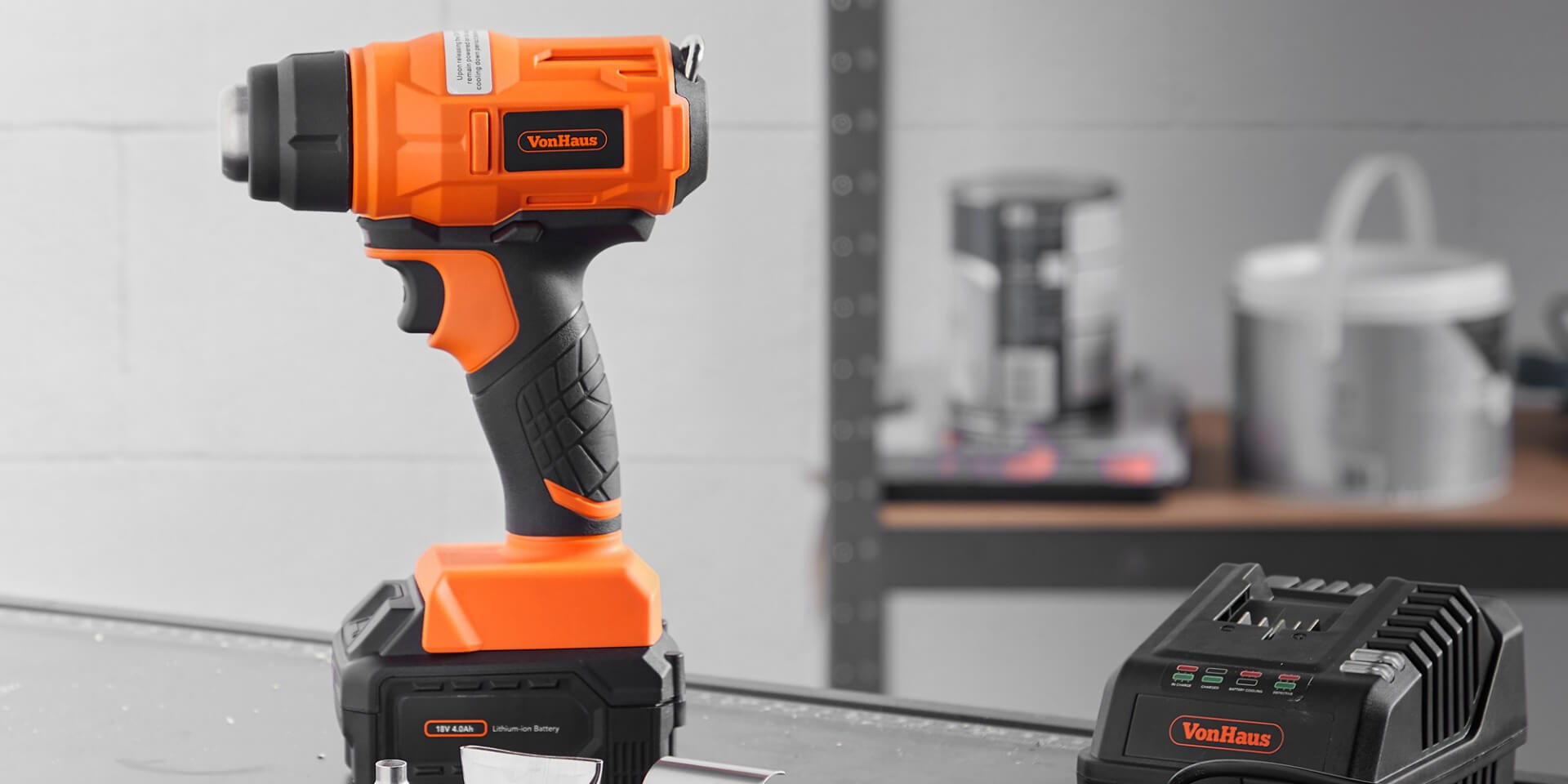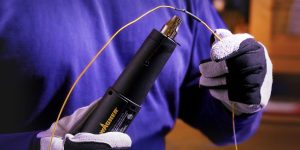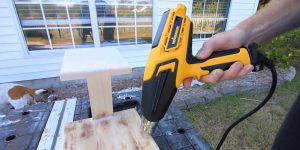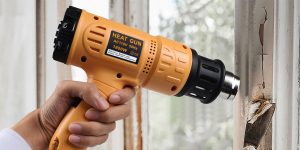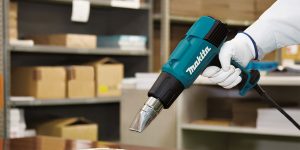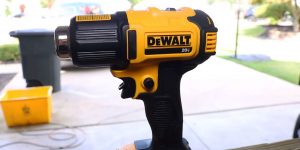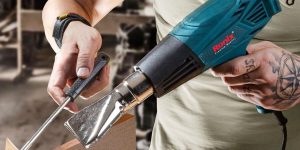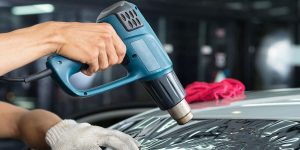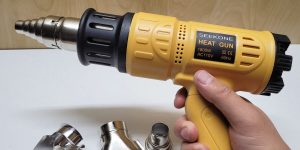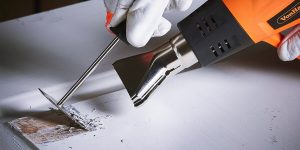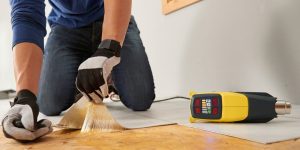Many different types and models of heat guns are available on the market. However, not all heat guns are created equal. Therefore, when choosing a heat gun, it is essential to consider some factors influencing its efficiency.
Factors influencing heat guns efficiency
The wattage of a heat gun
The wattage of your heat gun is essential because it will determine how quickly and effectively your heat gun can heat an object. If you have a lower wattage heat gun, it will take longer to heat an object than if you have a higher wattage heat gun. A lower wattage heat gun may not get hot enough to loosen or remove certain materials, like paint or varnish. Higher wattage heat guns will heat up more quickly and get hotter, making them more effective for more challenging projects. The ideal wattage for most materials is between 1,000 and 1,500 watts.
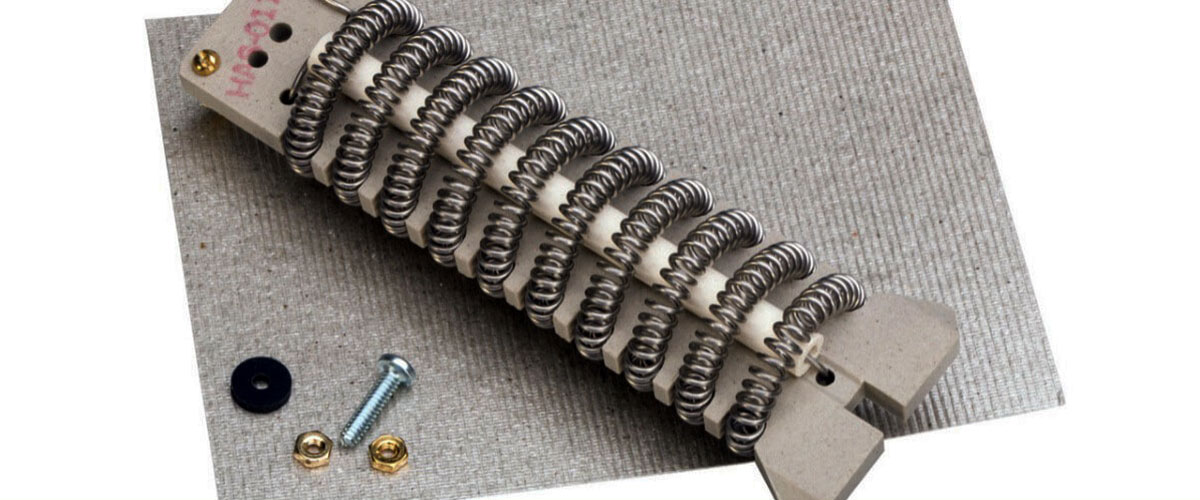
The heating element
The heating element of a heat gun is essential to pay attention to. The heating element of a heat gun is the part that produces heat. It is usually located in the front of the gun, near the nozzle. The element is heated by electricity and then transfers the heat to the air that is blown through the gun and is used to remove paint or other materials from surfaces.
The heating element of a heat gun can be made from different materials, depending on the intended use of the heat gun. For example, some heat guns are designed with delicate materials and have a heating element made from ceramic. Other heat guns, such as those designed for soldering, have a heating element made from metal.
The material of the heating element is not the only thing that can differ between heat guns; the size and shape of the heating element can also vary. For example, some heat guns have a long, thin heating element, while others have a short, wide heating element. The heating element’s size and shape will affect the heat gun’s performance. For example, a heat gun with a long, thin heating element will have a higher maximum temperature and be able to heat up more quickly than a heat gun with a short, wide heating element.
If the heating element is not working correctly, the heat gun will not be able to produce the hot air needed. Additionally, if the heating element is not working correctly, it could overheat and cause a fire.
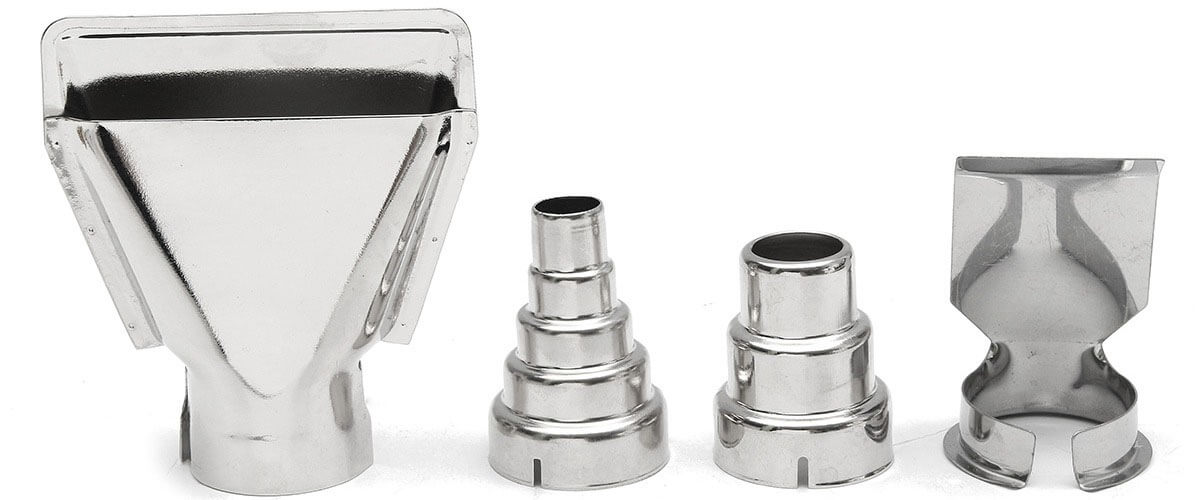
The nozzle size of a heat gun
Nozzle size is one of the most important aspects when purchasing a heat gun. Nozzle size on heat guns can differ based on the make and model of the gun, but they typically range from small to large.
The nozzle size will determine the amount of heat that can be produced by the gun, as well as the precision with which the heat can be applied. For example, a smaller nozzle will produce a more focused and concentrated stream of hot air, while a larger nozzle will provide a wider coverage area.
Choose the nozzle size that best suits your needs in order to get the most out of your heat gun. For example, if you’re working on a delicate project that requires precise heat, you’ll need a smaller nozzle. On the other hand, if you’re working on something that needs more heat to be applied quickly, you’ll need a larger nozzle.
Does the material of the heat gun influence its efficiency?
Different materials of heat guns will have different levels of efficiency. In general, though, the material of the heat gun does not have a significant impact on its efficiency. However, heat guns made with specific materials may be more durable than others and better able to withstand high temperatures. For example, a heat gun made of aluminum would be better suited for use in a high-heat environment, while a heat gun made of plastic would be better suited for use in a low-heat environment. Additionally, some materials may conduct heat better than others, influencing the heat gun’s performance.

